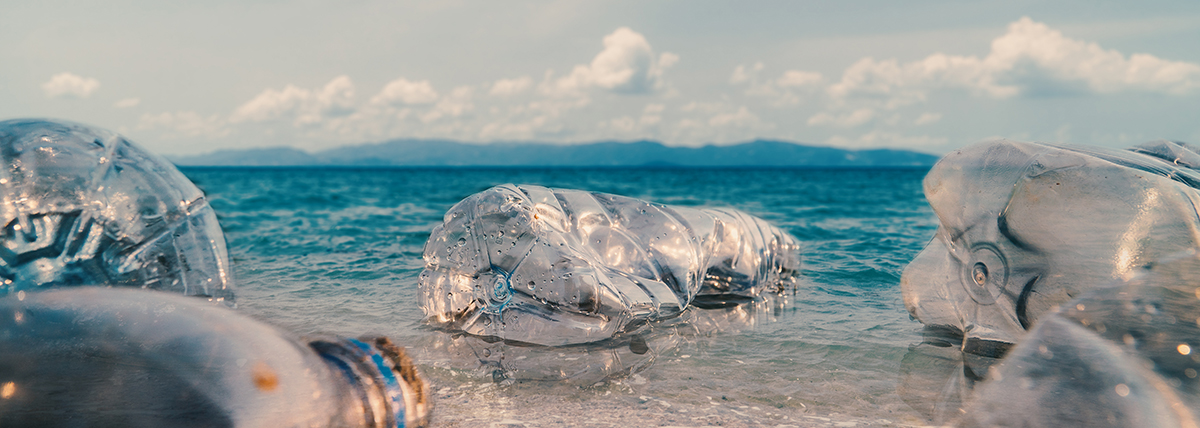
Although marine plastics are a global problem, Pacific Island countries are particularly vulnerable and affected by the growing problems arising from plastic use. As a result, the governments of these countries are beginning to recognize the importance of addressing this problem - which has serious effects on the economy, the environment and people's health and livelihoods - by implementing various policies aimed at reducing marine plastic pollution.
However, it is not only at the national level that this issue is being addressed. Multilateral institutions such as the World Bank have also emphasized their commitment to addressing marine plastic pollution in the region through the establishment of the Pacific Ocean Advisory Program (POAP), which aims to address threats to environmental sustainability and the potential of the blue economy in Pacific island states.
Under this program, OCA Global CTA will conduct an assessment of policy and regulatory options to reduce the waste of single-use plastics entering the marine environment in Pacific Island countries and drive public and private sector investments in more sustainable alternatives to these plastics. In doing so, OCA Global will support Pacific countries in their fight against marine plastic pollution.
The project will begin in March 2022 and will run for nine months, taking place in Kiribati, Vanuatu, Samoa and Tonga, and aiming to determine which regulatory, policy and investment options are most effective at the national and regional level to reduce plastic use, prevent plastic pollution and facilitate regional coordination efforts, as well as identify monitoring and capacity building needs.
